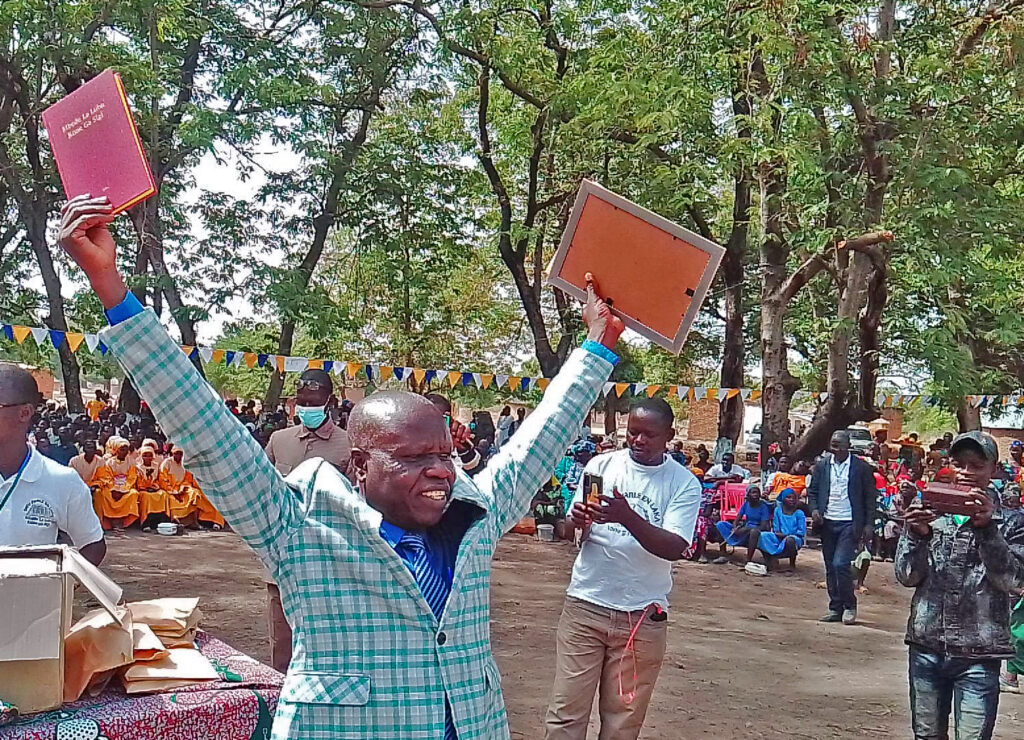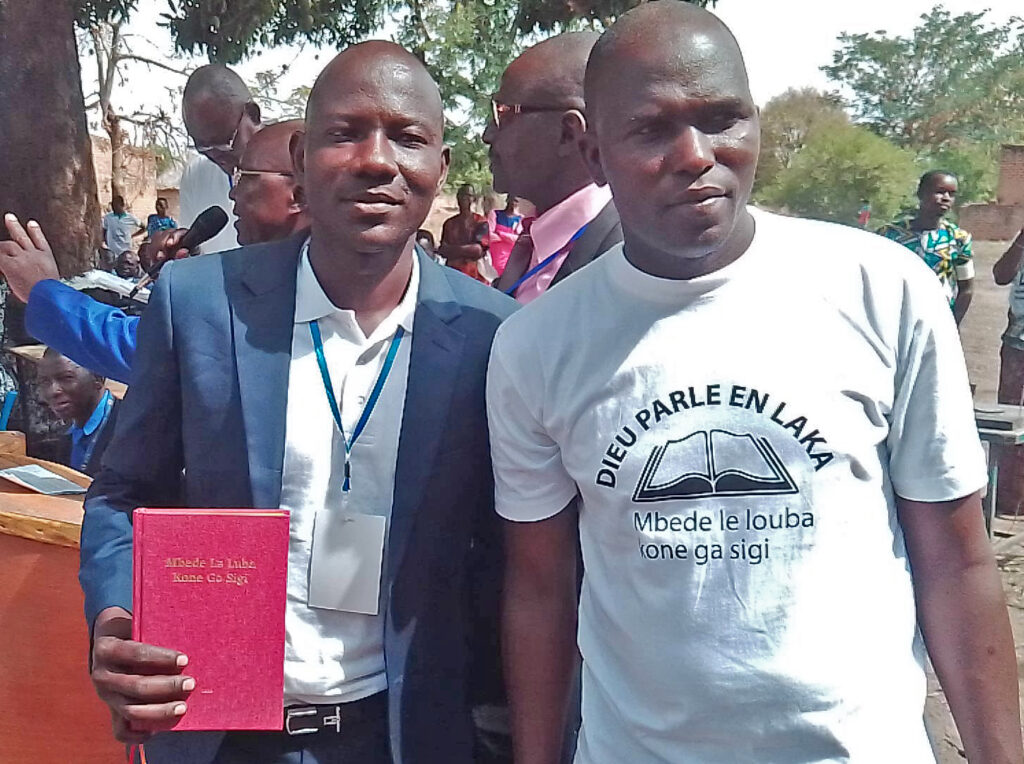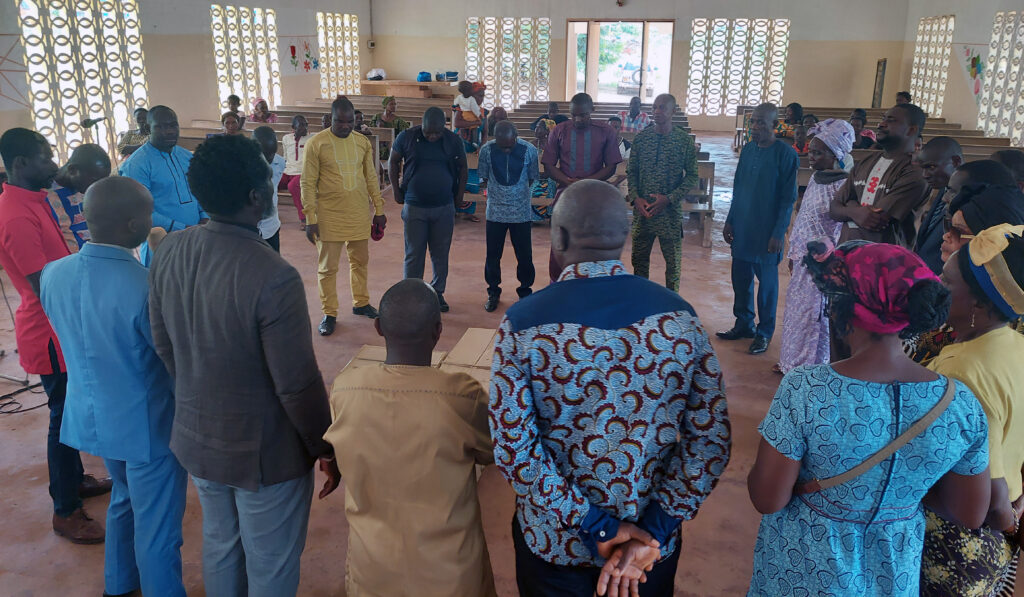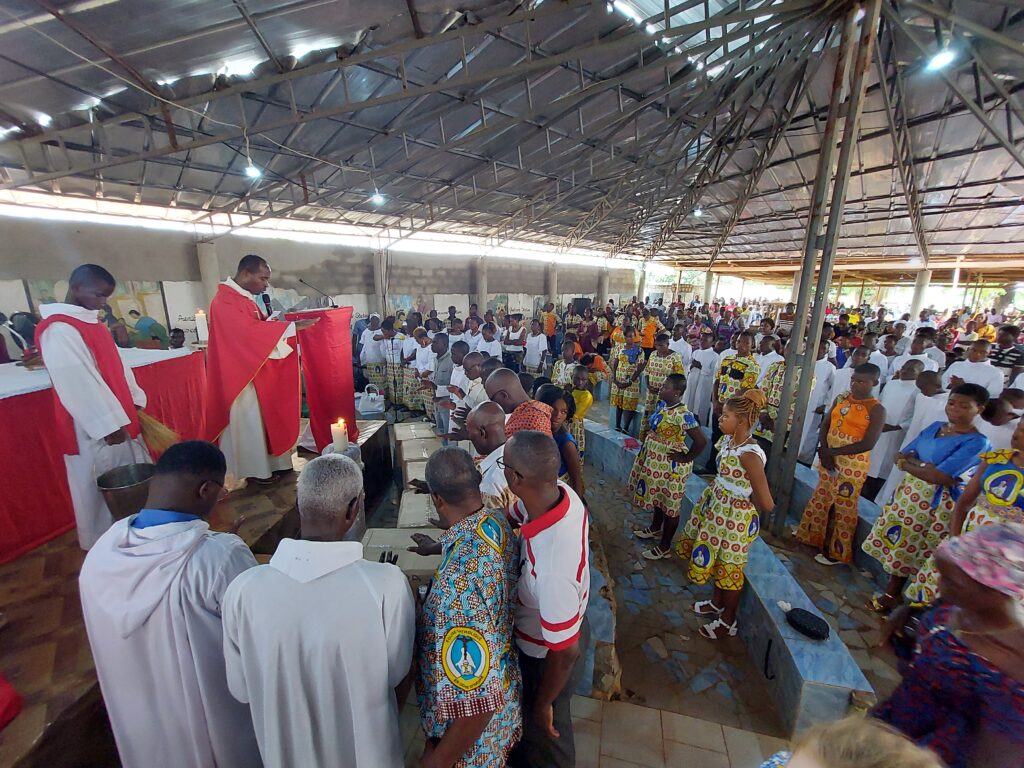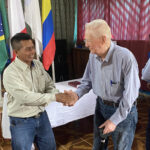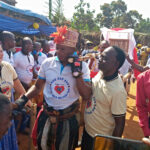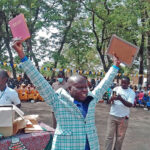Nothing is Impossible
The Kiri* people live in hilly areas of South Asia where elephants and other wildlife often destroy their huts and farmland. The Kiri live in fear and sacrifice to the forces of nature to protect their village and themselves. Despite the presence of some Christian churches in the community, the majority of the Kiri people worship the forces of nature and the devil.
For Lavik* and Lori*, Bible translators to the Kiri community, life among the Kiri is difficult. They could have served the Lord in an easier ministry, one that didn’t demand so much sacrifice. But they chose to give their lives for this marginal community.
Lavik learned about Bible translation in 2001 while attending a Bible translation seminary. In 2004, while studying at a different seminary, Lavik led a prayer group that regularly prayed for Bible translation ministries. Later that year, he took a general linguistics course, which prepares Bible translators for service. Lavik didn’t know whether he should go into Bible translation or language survey.
But during the linguistics course, he heard a divine voice whisper to him the name of a place. Lavik knew nothing about that place. However, when he traveled to another region of the country in 2005, he realized that the name of the place whispered to him was a village of Kiri speakers. God had confirmed that he was calling Lavik to translate the Word of God into Kiri.
Lori, who studied theology at a Bible college, also had a vision for Bible translation. After their marriage, the couple went to live and work in a Kiri-speaking village ruled by immorality and genocide. When the villagers found out that Lavik and Lori had come to learn the Kiri language and help educate their children, the head of the village gave them permission to acquire a house.
Village life brought Lori and Lavik face-to-face with many challenges. They encountered severe weather, infectious diseases, inadequate toilet facilities, and the fear that their small hut might be destroyed by elephants. They left at one point, discouraged and doubtful that their vision would ever be realized.
But God did not forsake them or the Kiri people! The family returned to the village after two months and witnessed a remarkable growth in their ministry. When those who had practiced witchcraft to heal sicknesses realized that they could be healed by praying to Jesus, they gathered for prayer instead. Their sincere faith resulted in God’s miracles and deliverances. Churches sprang up among the Kiri.
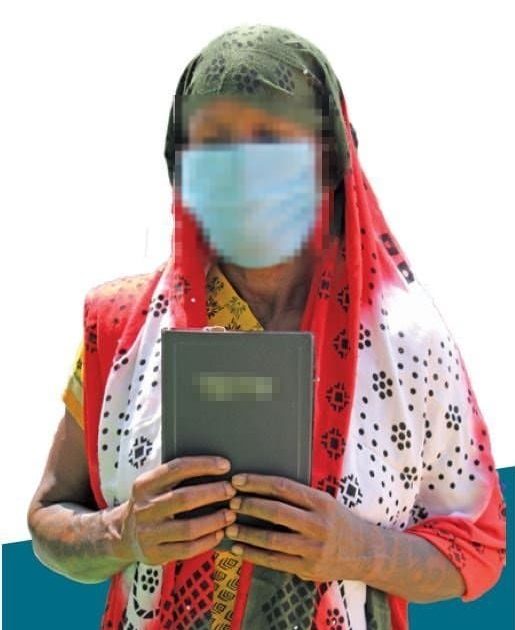
Today, there are hundreds of Christians and evangelists among the Kiri. These believers were overjoyed when Christian songs were translated and recorded into their language at the recording studio that JAARS supports with help from people like you. Then the JESUS film was translated, recorded, and released in the Kiri language.
The Kiri people had waited a long time to get the Word of God in the language they understand best. Last year, the COVID-19 crisis loomed over Lavik, Lori, and their team as they completed their God-given mission and received the printed New Testament. How could they celebrate God’s Word and give it to the people?
God overcame that crisis! The Word of God, both in printed and audio form—recorded at the studio supported by JAARS—became available to the Kiri people on June 13, 2020!
Since some couldn’t come to the dedication in person, Lavik arranged for people to celebrate with them via Zoom. Lavik and his friends were skeptical that the technology would work in this area with poor internet access. But God was merciful, and people from all over the world and different parts of South Asia gathered online to celebrate.
As the CEO of our partner organization in South Asia reminds us, “Nothing is impossible for our God!” Praise the Lord that he used Lavik and Lori’s faithfulness and sacrifices to bring his Word to the Kiri people and free them from their fear.
Please consider giving to Media Solutions so that people in South Asia and elsewhere can have access to the Word of life in the form and language they understand best.
*Names changed for security reasons



























































